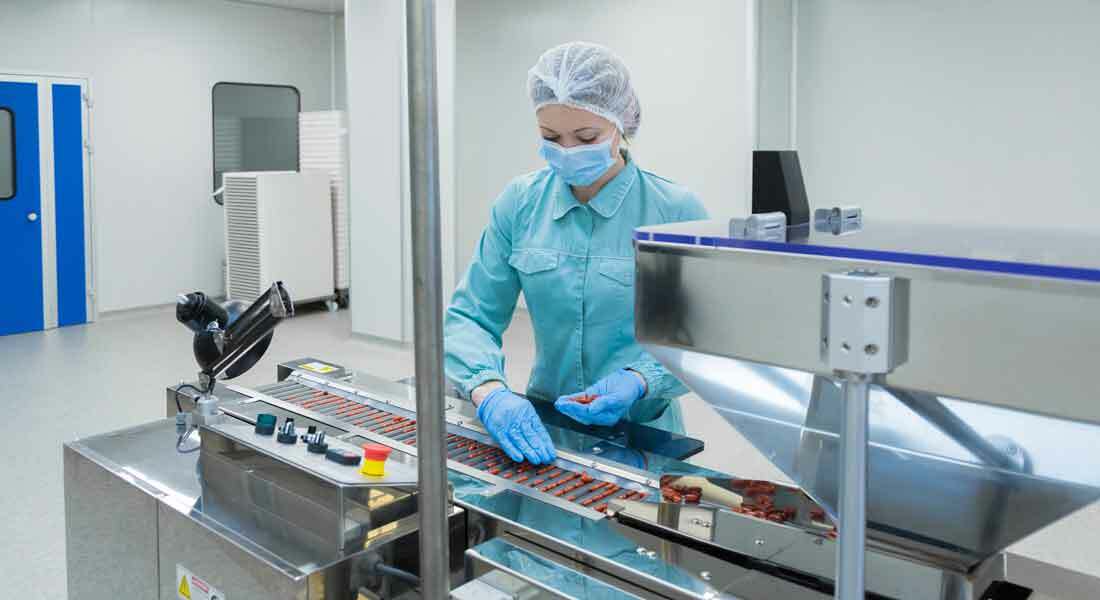
Head of Quality Risk Management, FUJIFILM Diosynth Biotechnologies

Obtain a broad overview of connections between all stages in the development process of a drug product with focus on the GXP areas.
This course offers a comprehensive overview of the drug development process, with a focus on the key GXP areas: Good Laboratory Practice (GLP), Good Clinical Practice (GCP), Good Manufacturing Practice (GMP), and Good Distribution Practice (GDP). It is ideal for those seeking a foundational understanding of the laws and guidelines relevant to working in a GXP environment. You will explore the connections between various stages, such as animal and human testing, pharmacovigilance, manufacturing, and transportation. The course also highlights how the laws and guidelines across different GXP areas share similarities, yet vary in focus and interpretation.
The course will cover these topics:
International legislation GXP (meaning GLP, GCP, GMP and GDP): EU, FDA, PIC/S, ICH, OECD.
National legislation GXP: Medicinal Products Act, Executive orders on marketing authorisation, quality, labeling, manufacture, distribution and handling, Euphoriant Act.
Manufacturers authorization, authorization to handle euphoriant substances Company quality manual: Policies, guidelines, SOP's, work instruction.
QA/QC activities (GMP): site master file, audits (supplier, internal, third-party), self-inspection, deviation and change control, authority inspections, complaint and recall handling (including pharmacovigilance), qualification/validation, SOPs, GXP training/documentation, harmonization of GXP activities, specifications, release of materials (packaging, starting materials, APIs, finished products), COA, and Certificates of Compliance.
QA/QC activities (GCP and GLP): Monitoring and audits.
QA/QC activities (GDP).
Participation in industries association working groups discussing new legislation and harmonization of QA/QC activities, national and international.
For more details about the course, please refer to the course curriculum.
View all courses on:
Highly recommend to anyone who want to learn about pharma production in AQ/QC aspects.
The course has been an exciting combination of regulatory perspectives and a practical approach, featuring many excellent and illustrative cases.
The course gives a good overview over quality related topics for medicinal products.
17–21 November 2025
The course is available every second year.
Please find the exam dates in the exam plan.
Upon completion of the course, you will be able to:
recognise the importance of working with Quality Control (QC) and Quality Assurance (QA) across different GXP areas
acknowledge the complexity of working with various GXP laws and guidelines
understand how GXP laws and guidelines are implemented within a company
use the tools to maintain compliance with GXP laws and guidelines
gain an overview of the drug testing process, from animal and human trials to formulation as the final product, and the challenges of transporting the drug product in a controlled manner for human studies and to the final consumer.
You must meet the following criteria to be admitted to this course:
Find detailed information in the admission criteria on Master of Industrial Drug Development.
This course is offered as a compulsory course in the Master of Industrial Drug Development programme. Priority is given to students already enrolled. Once the enrolled students have been admitted to the course, the remaining seats are distributed on a first-come, first-served basis.
12,050 DKK
13,825 DKK
The fee includes lunch and coffee.
University of Copenhagen
Department of Pharmacy/
Department of Drug Design and Pharmacology
Universitetsparken 2
2100 Copenhagen
Denmark
Annette Villumsen
Study Administration Officer
lifelonglearning@adm.ku.dk
Tel:+45 35 33 60 66